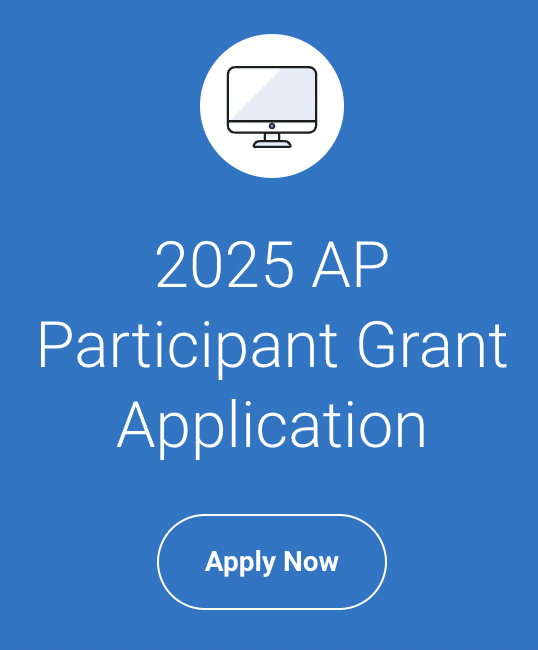Course Description:
This course provides an intensive exploration of pedagogical approaches and instructional approaches critical for the teaching of literary analysis of fiction texts, including writing analytical arguments about those texts, with emphasis on their application in an AP English Literature and Composition course. Core topics include argumentation, close reading and critical analysis of fiction texts – both prose and poetry as well as constructing evidence-based literary arguments. Curriculum design will be a focus: scope and sequence, teaching for understanding and transfer, skill scaffolding. Participants will also build a deep understanding of the AP Course and Exam Description and Units, Pedagogical Approaches, and AP Classrooms as well as an introduction to scoring student essays using the AP rubrics.
 In this course participants will explore critical topics for student success on the AP English Lit exam or in other college level introductory literature courses. Fundamentally, participants explore rhetorical contexts for literary texts, the role of critical interpretations and approaches to literary analysis, application of archetypal patterns across genre, and a review of literary devices and strategies. Great focus will be on ways teachers can help students become successful writers of literary analyses and arguments: generating analytical thesis statements, supporting claims with specific illustrative textual detail, and applying logical organizational patterns. As participants move through the course, they will build a sequenced and scaffolded curriculum model for implementation. Over the course, participants will examine fiction texts-both poetry and prose-from the 17th century through today. Participants will have some opportunity to collaborate thought he sharing of successful practices or lesson plans that move students from reading literally to reading analytically.
In this course participants will explore critical topics for student success on the AP English Lit exam or in other college level introductory literature courses. Fundamentally, participants explore rhetorical contexts for literary texts, the role of critical interpretations and approaches to literary analysis, application of archetypal patterns across genre, and a review of literary devices and strategies. Great focus will be on ways teachers can help students become successful writers of literary analyses and arguments: generating analytical thesis statements, supporting claims with specific illustrative textual detail, and applying logical organizational patterns. As participants move through the course, they will build a sequenced and scaffolded curriculum model for implementation. Over the course, participants will examine fiction texts-both poetry and prose-from the 17th century through today. Participants will have some opportunity to collaborate thought he sharing of successful practices or lesson plans that move students from reading literally to reading analytically.
Course Objectives:
- Develop an understanding of the AP Course Framework and College Board Resources
- Develop a year-long learning progression (scope and sequence) for literary analysis and writing skills
- Design instructional activities that apply understanding of sequencing and scaffolding
- Apply a rubric to assess student work, analyze learning gaps, and develop a learning plan
- Read and analyze fiction and poetry
- Share best practices and collaborate on the development of lessons, units, and instructional plans
- Identify and align texts with skill instruction
Course Content/Outline:
Day 1
Skills and Expectations for AP English Literature and Composition
Teaching for Understanding
AP Course Framework
Curriculum and Assessment
Reading Literally and Figuratively
Universal Ideas, Themes, and Archetypes
Day 2
Teaching Fiction
Skills and Strategies
Applying Rubric to Prose Question
Resources
Day 3
Teaching Poetry
Skills and Strategies
Applying Rubric to Poetry Question
Resources
Day 4
Teaching Longer Works
Skills and Strategies
Applying Rubric to Open Question
Teaching Writing and Literary Argumentation
Resources


